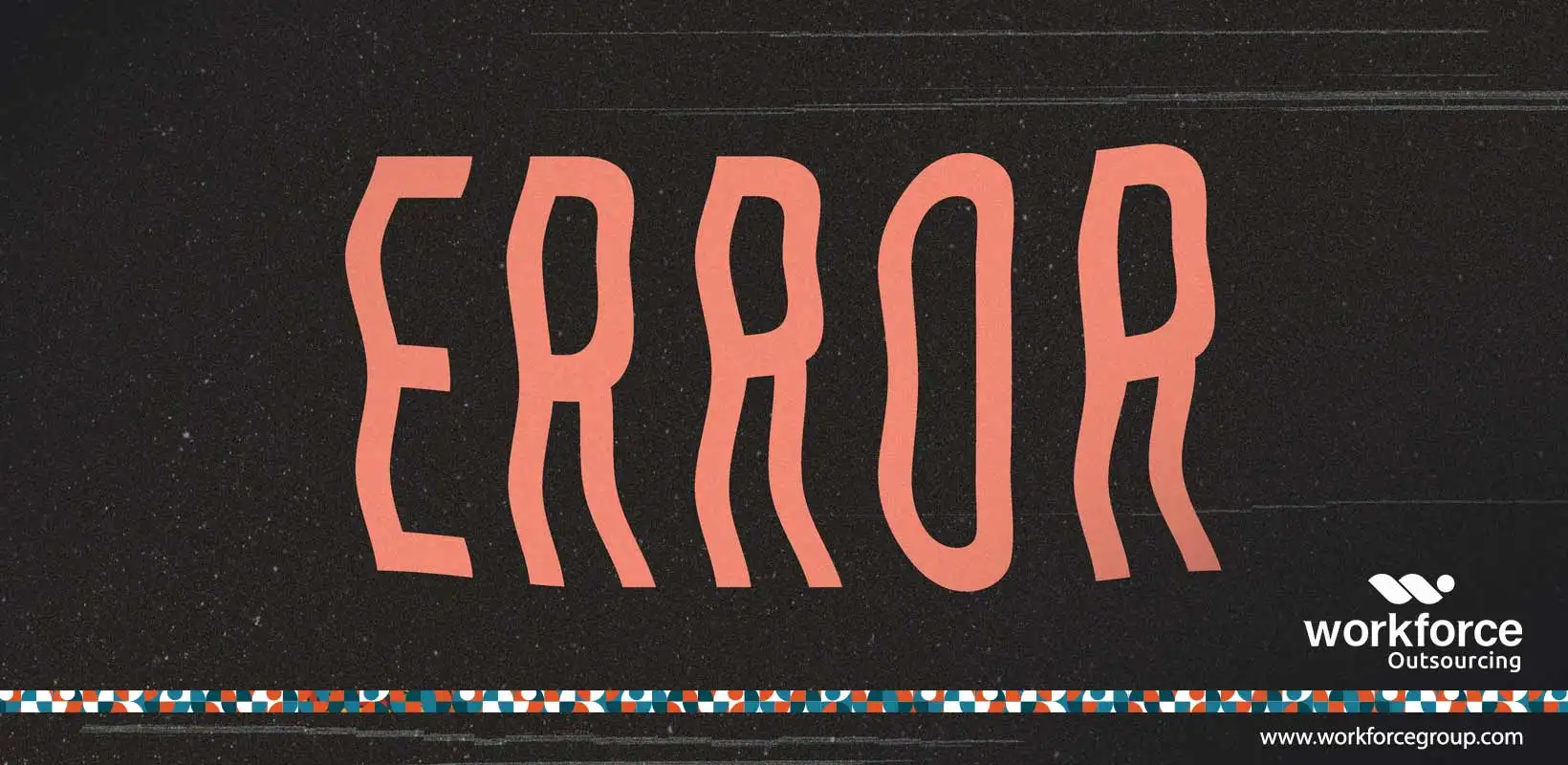Payroll processing is one of the most important tasks that your business cannot afford to get wrong. However, managing your employees’ payroll can often be time-consuming and expensive. Outsourcing your payroll can lead to significant cost savings and ensure you gain access to payroll management experts with an in-depth understanding of payroll laws and regulations.
Payroll outsourcing is an increasingly growing business solution, with 12% of organisations globally opting for the model as it offers an alternative to in-house payroll administration. Payroll outsourcing solution is a smart choice to mitigate the risk of penalties or fines for late or incorrect payments and filings.
Whether you’re a large cooperation or a small business owner looking to focus on your core business functions, this guide provides a comprehensive overview of payroll outsourcing and how your organisation can benefit from a payroll outsourcing strategy.
What Is Payroll Outsourcing?
Processing payroll involves more than just salary remuneration; it comprises several tasks, not all of which are necessarily executed by the same entity. The payroll process starts with the integration of employees into a payroll system and extends through year-end tax responsibilities.
At the early stages of the outsourcing model, many organisations were reluctant to delegate such a critical function to a third party. However, with the routine nature of many payroll tasks and the need to follow specific guidelines, it is now possible to outsource to trusted payroll outsourcing service providers.
As mentioned earlier, outsourcing payroll is now a relatively common practice, and many organisations have turned to payroll outsourcing experts to manage their payroll functions. These experts take responsibility for payroll account setup, calculating payroll, preparing reports, effecting legal compliance and tax filing.
The outsourced payroll solutions model offers an alternative when you don’t have the resources or expertise to manage an in-house payroll team. Outsourcing your payroll function to a leading payroll outsourcing services provider like Workforce Group guarantees an efficient and effective process, affording you enough resources and time for more strategic business tasks.
How Does Payroll Outsourcing Work?

Payroll outsourcing involves delegating or transferring your company’s payroll to an expert payroll outsourcing service provider. Although the process may differ from one country to another or even from one service provider to another, specific steps are required.
The first step involves selecting a leading payroll service provider through careful research, commendations and comparisons, and then setting up an account afterwards.
Data collection and management
In the second step, your service provider will need access to necessary information, including employee data, working hours (attendance records) and your internal policies such as vacation policy, sick leave policy, etc. In addition, it also ensures that the information provided complies with government regulations and ensures the security of employees’ data from unauthorised personnel.
Payroll processing
In the next step, your outsourcing partner processes and creates payroll data using payroll software such as Paychex. This helps to streamline the payroll process and reduce the risk of error. Your service provider also ensures the completion of the payroll cycle.
Report and payment generation
After processing, your payroll service provider creates a report for your review. This report details all payroll-related information, including tax, insurance and pension deductions, net salaries and other benefits. Upon your approval, schedules are set up for payment and distributed.
Typically, your service provider provides regular feedback on a predetermined basis confirming the services they rendered and detailing performance.
5 Benefits of Payroll Outsourcing
Outsourcing your payroll process offers several benefits, which commonly include the following:
1. Cost savings
Outsourcing payroll often helps organisations save costs when compared to carrying out the process in-house. Allowing your in-house team to handle payroll functions means investing in the required software, infrastructure and training to ensure the process is done rightly.
In addition, it is important to stay up to date on regular changes in tax regulations, personnel and accounting deadlines. Getting these wrong can be costly and expose your business to additional liability.
2. Save time

Processing payroll demands significant time and attention. With the amount of time that goes into this, outsourcing to a trusted service provider like Workforce Group will seem the best option. In addition, you can avoid unexpected time loss from a payroll mistake. Your payroll partner can help you avoid these mistakes and allow you to focus on core business functions.
3. Focus on core business
Processing payroll is unlikely to be your core strategic business function. Being a non-core business function, the time and resources spent on it mean you’ll have less time to focus on critical revenue-generating activity. By delegating your payroll function to a leading expert like Workforce Group, you can better adapt your time and resources in areas more crucial to your core business.
4. Access to the experts and technology
Working with a leading payroll outsourcing service provider means you gain access to their expertise and technology, which is especially important for global organisations looking to expand into Nigeria and in need of experts familiar with local rules and regulations.
This can help you improve the efficiency and accuracy of your payroll process to prevent outdated process from hurting your business while taking advantage of the latest payroll technology.
5. Regulatory compliance
One of the biggest challenges for many small to mid-sized businesses is legal compliance. Your organisation needs to have an in-depth understanding of various regulations to avoid contravening set-out laws.
Outsourcing your payroll function helps you improve the credibility and accuracy of your payroll process and protects your organisation from legal issues.
Common 4 Mistakes To Avoid While Outsourcing Your Payroll

1. Cost-benefit analysis
Many organisations choose to outsource their payroll function primarily on pricing. However, it is critical to ensure your preferred outsourcing partner provides an all-encompassing service that minimises risks and ensures accurate compliance.
2.Providing inaccurate information
Wrong or incomplete information about your employees, their contracts or salary structure might cause your organisation to incur fines from relevant authorities.
3. Failure to review and verify payroll reports
Neglecting to review payroll reports provided by your service provider can result in unnoticed errors or discrepancies. Regularly review your payroll reports, ensure they align with your expectations, and promptly address any concerns.
4. Inadequate communication
Poor communication with your payroll service provider can result in costly errors and delays. Clearly communicate your business requirements, expectations, and any specific payroll complexities to ensure accuracy and efficiency.
Bottom line...
Payroll outsourcing is a great option for businesses, especially for small to mid-sized businesses that want to focus on core business operations. Delegating your payroll process to a leading outsourcing provider will save you costs and resources that you can incur on your in-house team.
Outsourcing your payroll management to an expert organisation like Workforce Group ensures you no longer have to worry about these matters. At Workforce Group, our outsourced payroll services are primed to improve the efficiency, cost-effectiveness, and overall value of your team.
This gives you the confidence to focus on your more strategic business priorities to drive growth and business expansion.
To get started on this journey, please send us an email to hello@workforcegroup.com.

Nneka Eneli
Director, Workforce Outsourcing

